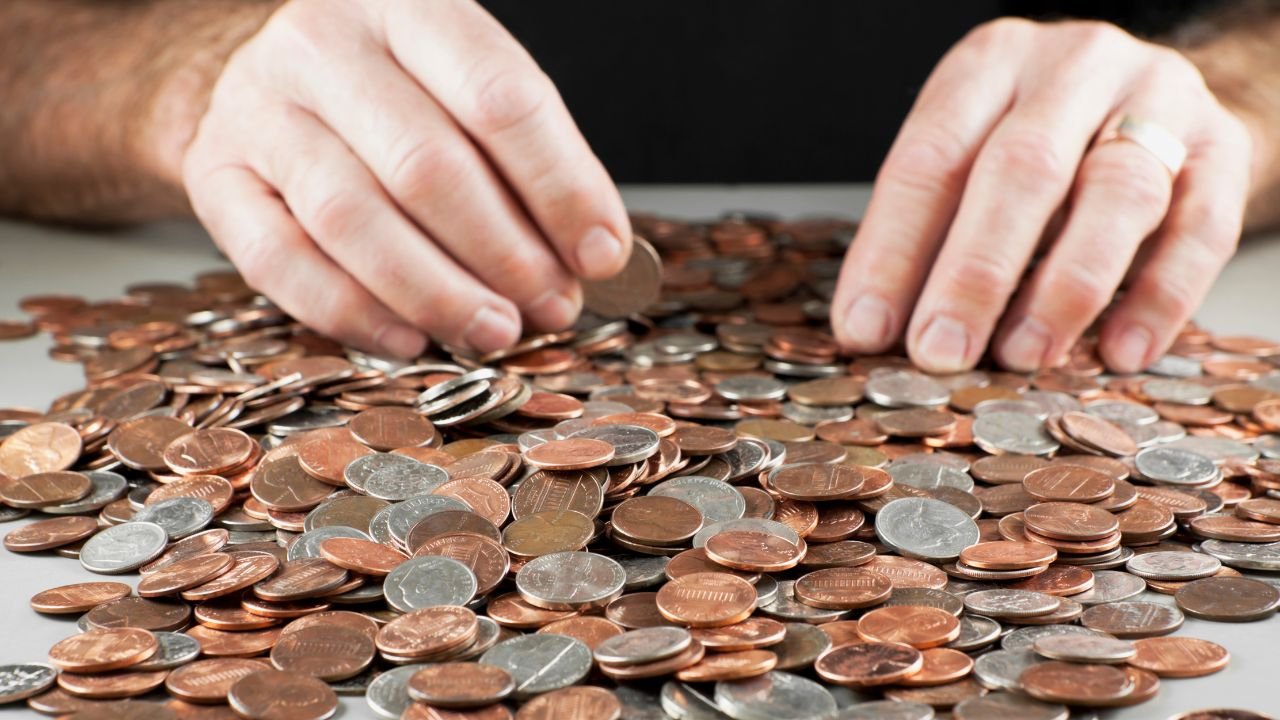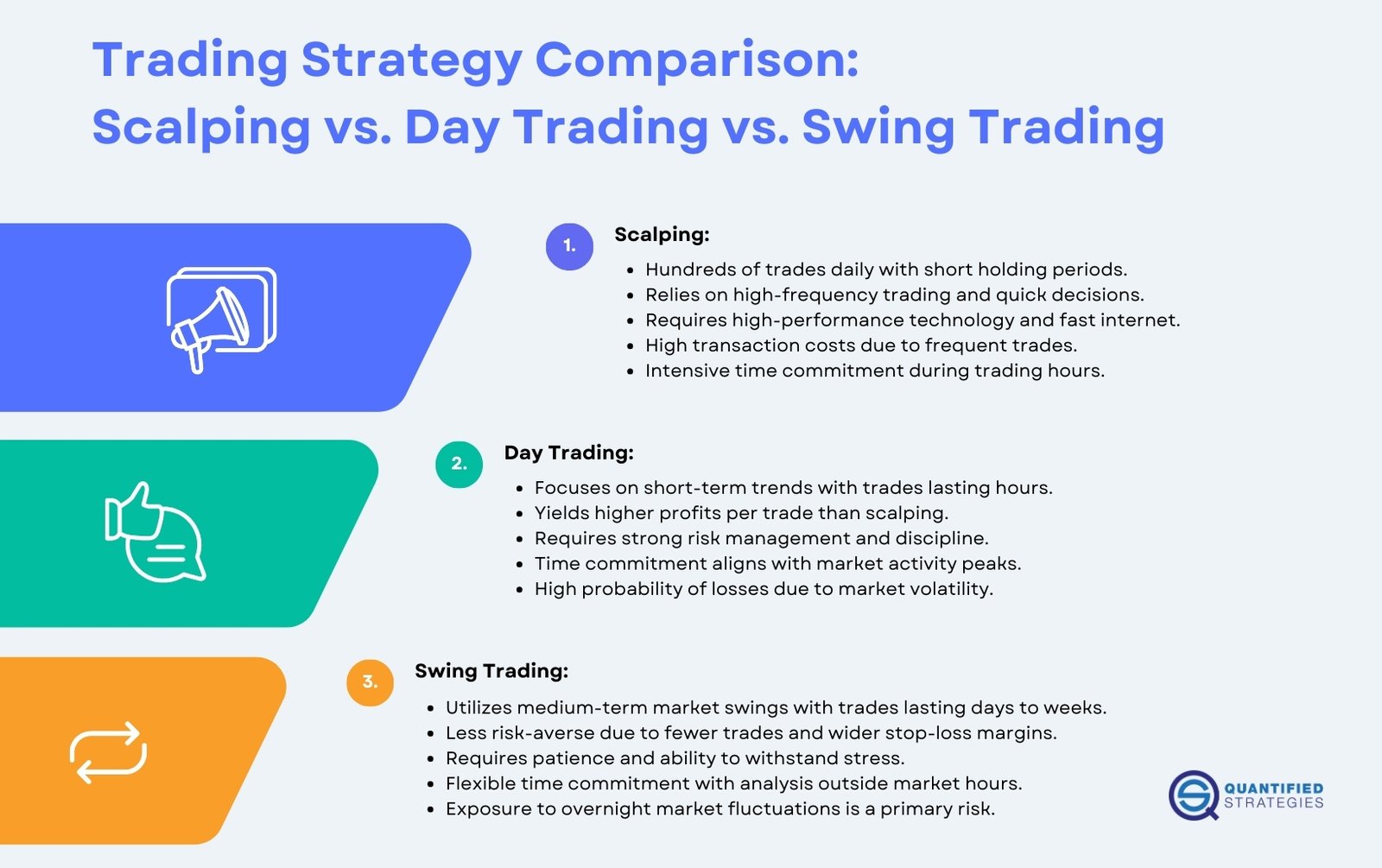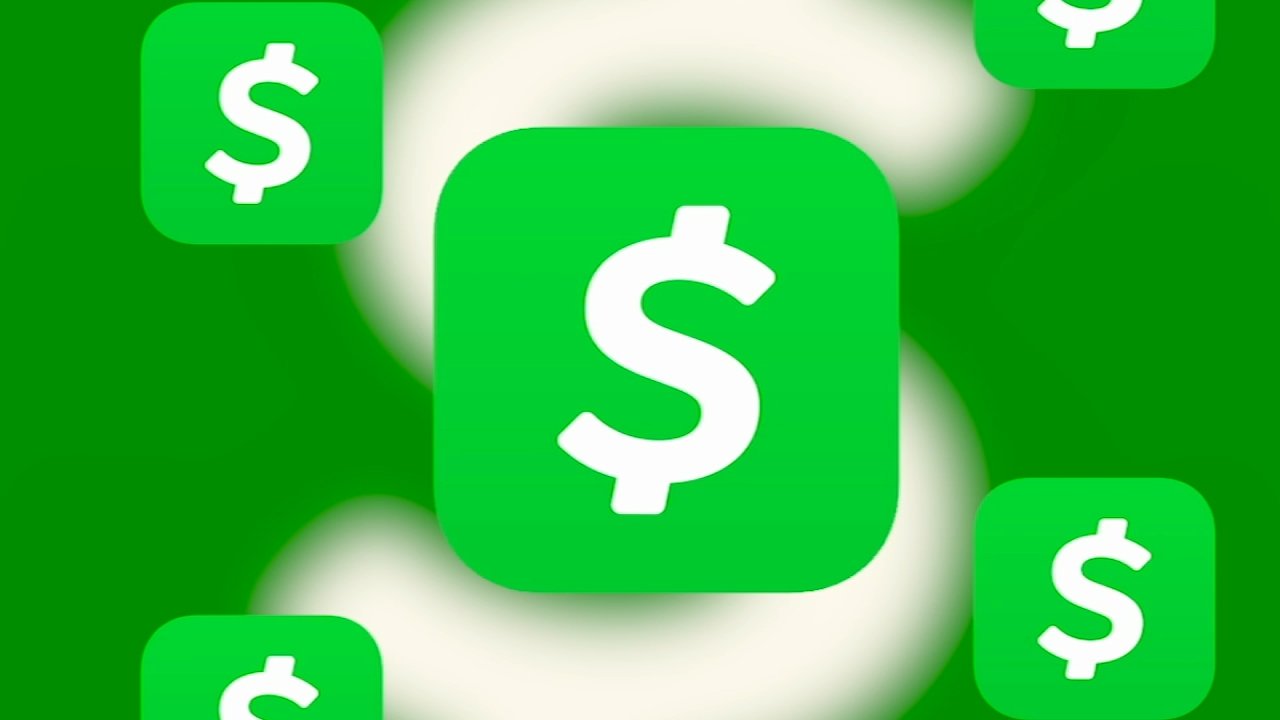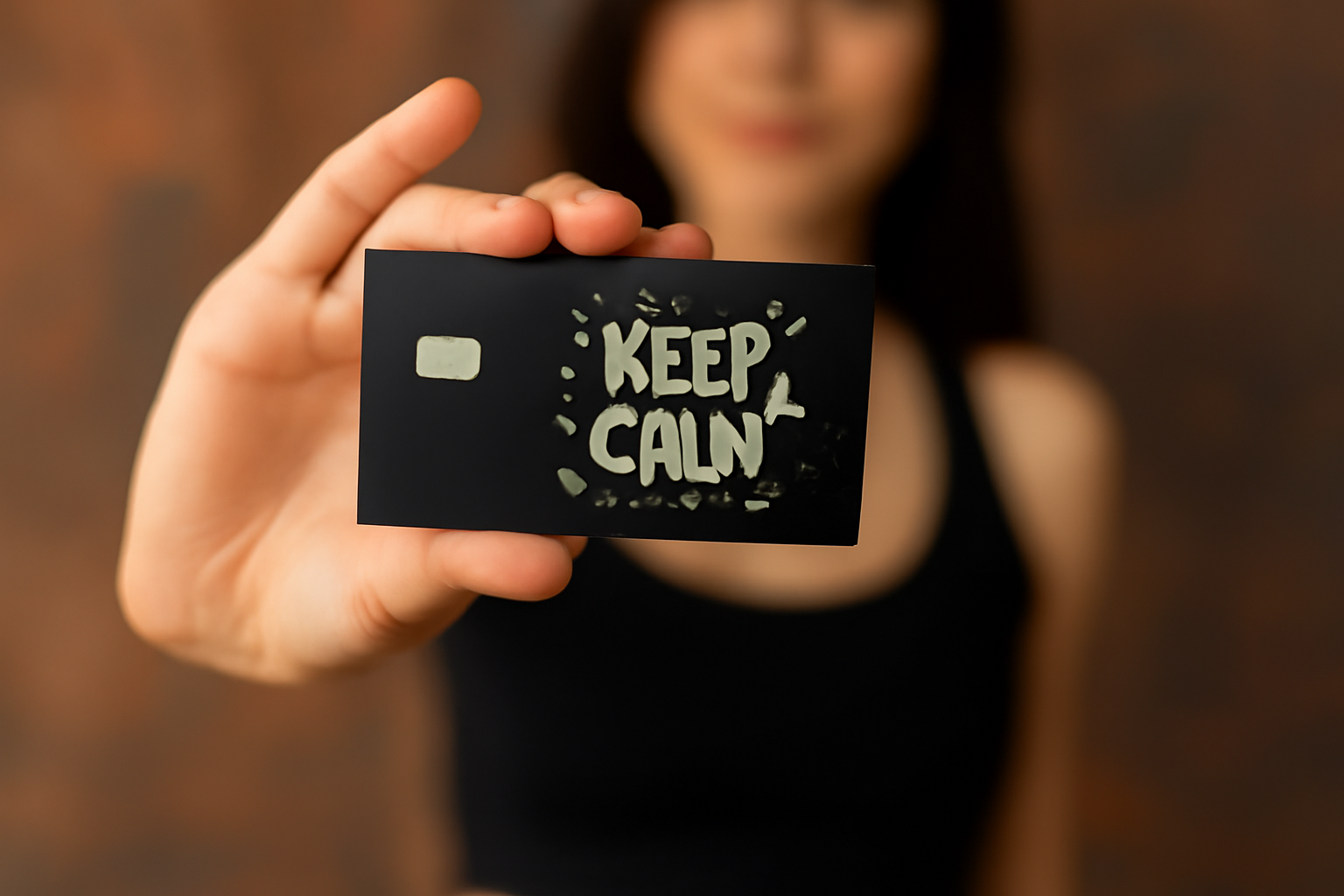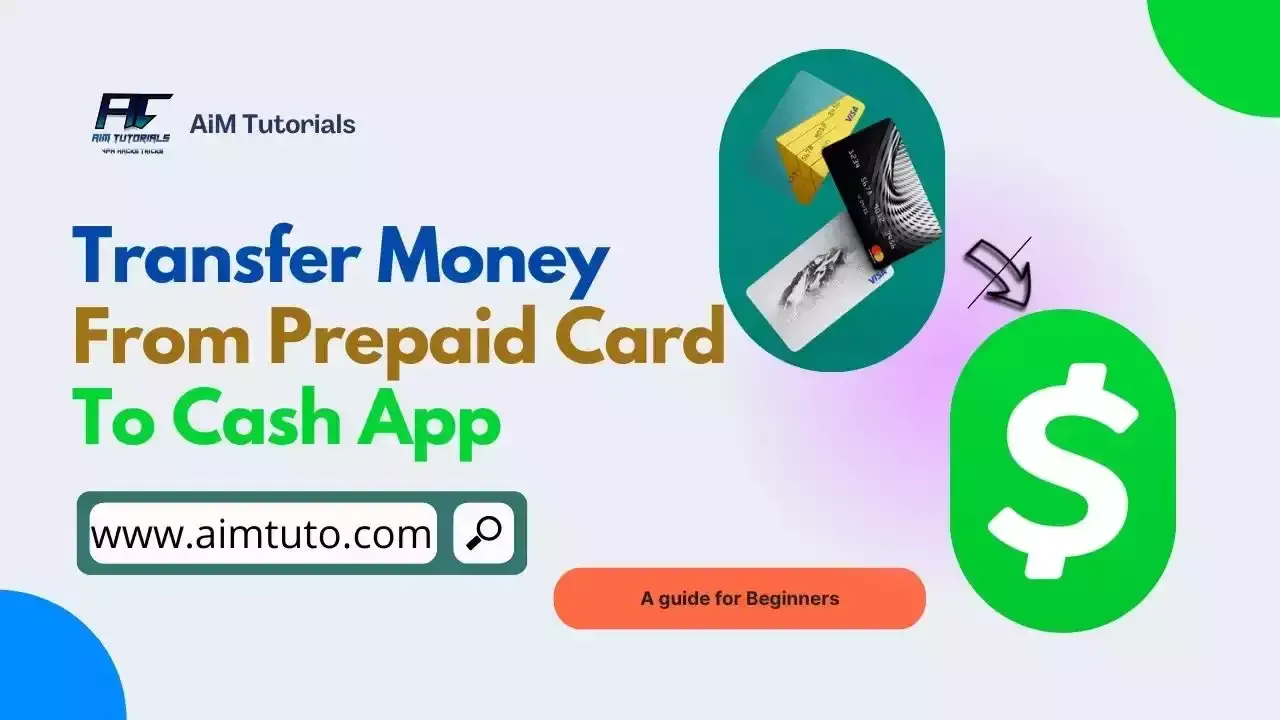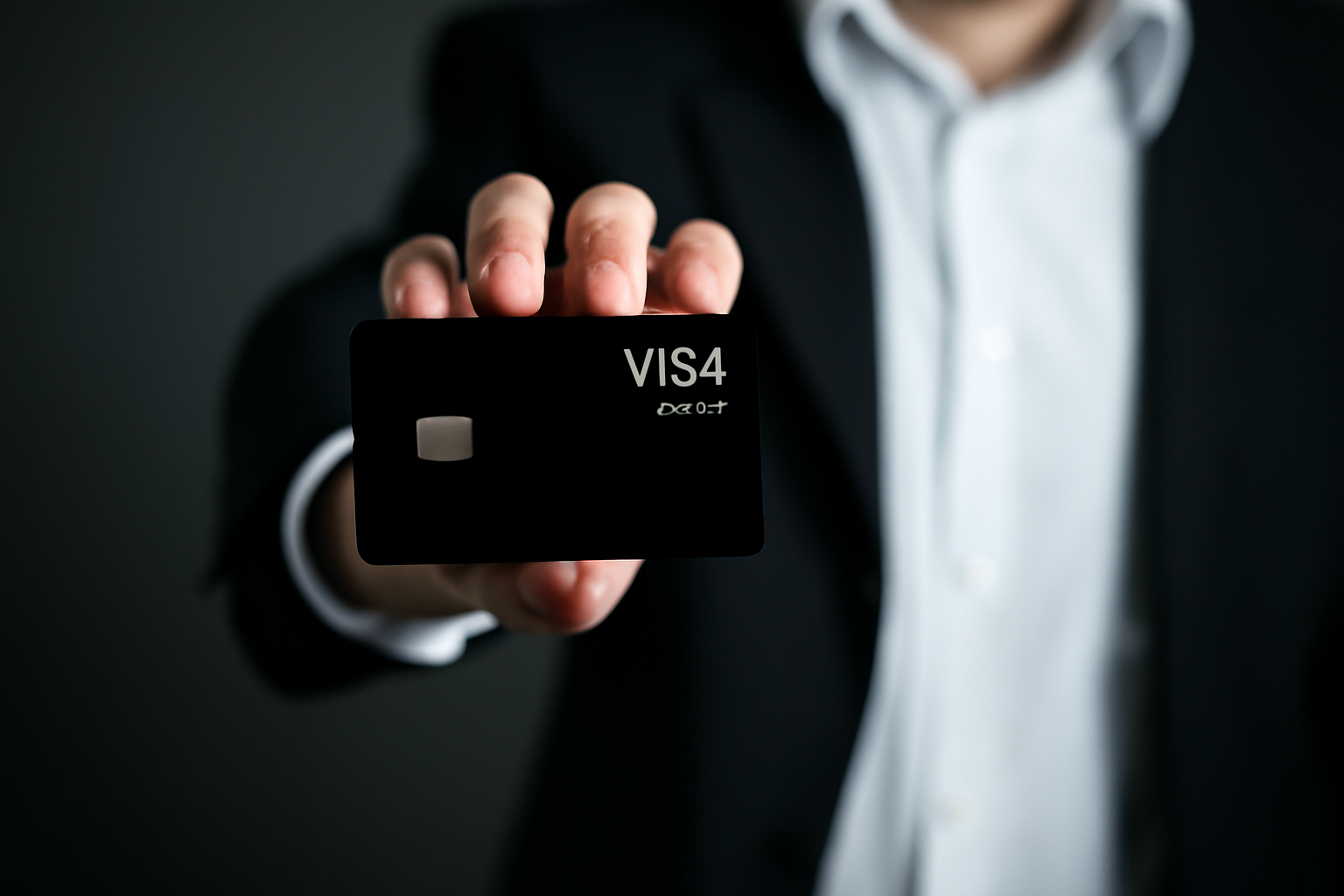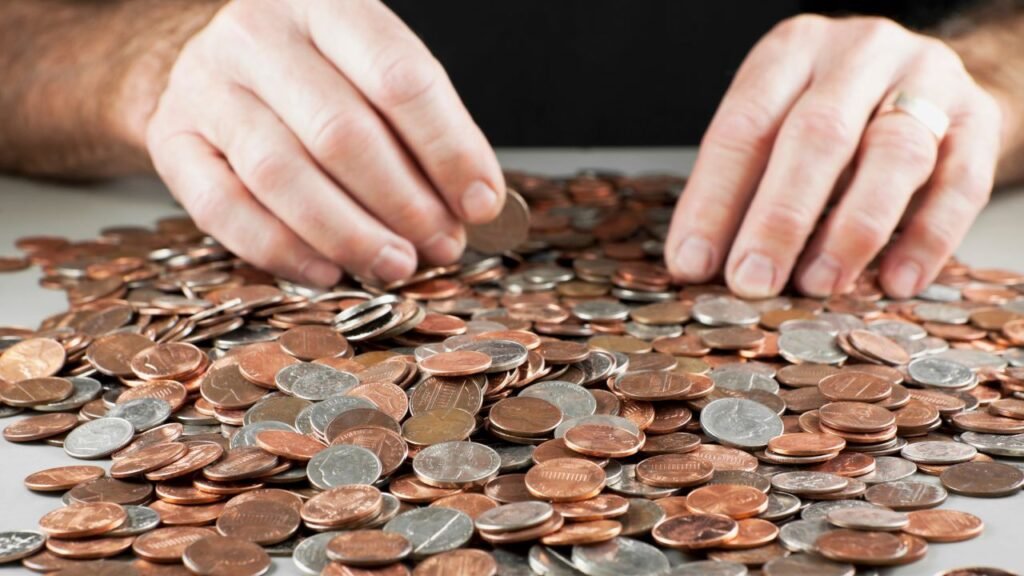
If you have a jar of loose change, you’re not unusual—something like 36% of Americans hoard spare change with the intention of redeeming it down the road. Actually, Coinstar says that accumulated spare change totals more than seven billion dollars! If you’re curious about how to exchange those coins for cash, Coinstar machines may be just what you need.
With coin shortages occurring at most retail outlets, restaurants, and financial institutions, now may be the ideal time to redeem your coins. If your bank does not take loose change or you have no bank close by, Coinstar machines are a great alternative.

What is a Coinstar Machine?
A Coinstar is a kiosk that allows you to trade your coins for cash. You can usually find them in grocery stores and banks. They will take most of the major coins such as pennies, nickels, dimes, quarters, half-dollars, and dollar coins. They will not take foreign currency or broken coins.
To operate the machine, simply dump your loose change into the coin slot. The machine will sort and count your coins, and then pay you out in the form of a voucher that you can redeem at the customer service desk for cash. And best of all, most Coinstar machines have the ability to donate your coins to charity.
How to Use Coinstar
Operating a Coinstar machine is easy:
Dump your coins into the coin slot.
The machine sorts and counts your coins.

You’ll get a cash voucher, which you can redeem at the customer service counter.
Some machines even allow you to donate your coins to charity, so it’s a convenient and simple way to help a good cause.
How to Find a Coinstar Near Me
If you need to find a Coinstar machine, you’re in luck! With thousands of locations throughout the U.S., Coinstar machines are conveniently located. Nearly 90% of the U.S. population resides within five miles of a Coinstar, so there’s a good possibility that one is not far away. Coinstar can also be found in Canada, Puerto Rico, the UK, Ireland, and Mexico.
To locate a Coinstar machine in your area, visit the Coinstar website and utilize their locator tool for machines. Simply type in your location, and it will provide you with a list of surrounding Coinstar locations, including address, phone number, and store hours. You can also search results by the business type—whether it is a bank, grocery store, or other store.
Stores That Have Coinstar Machines
Coinstar kiosks are located in grocery stores, banks, and other retail outlets. Some of the large retailers that commonly have Coinstar kiosks include:
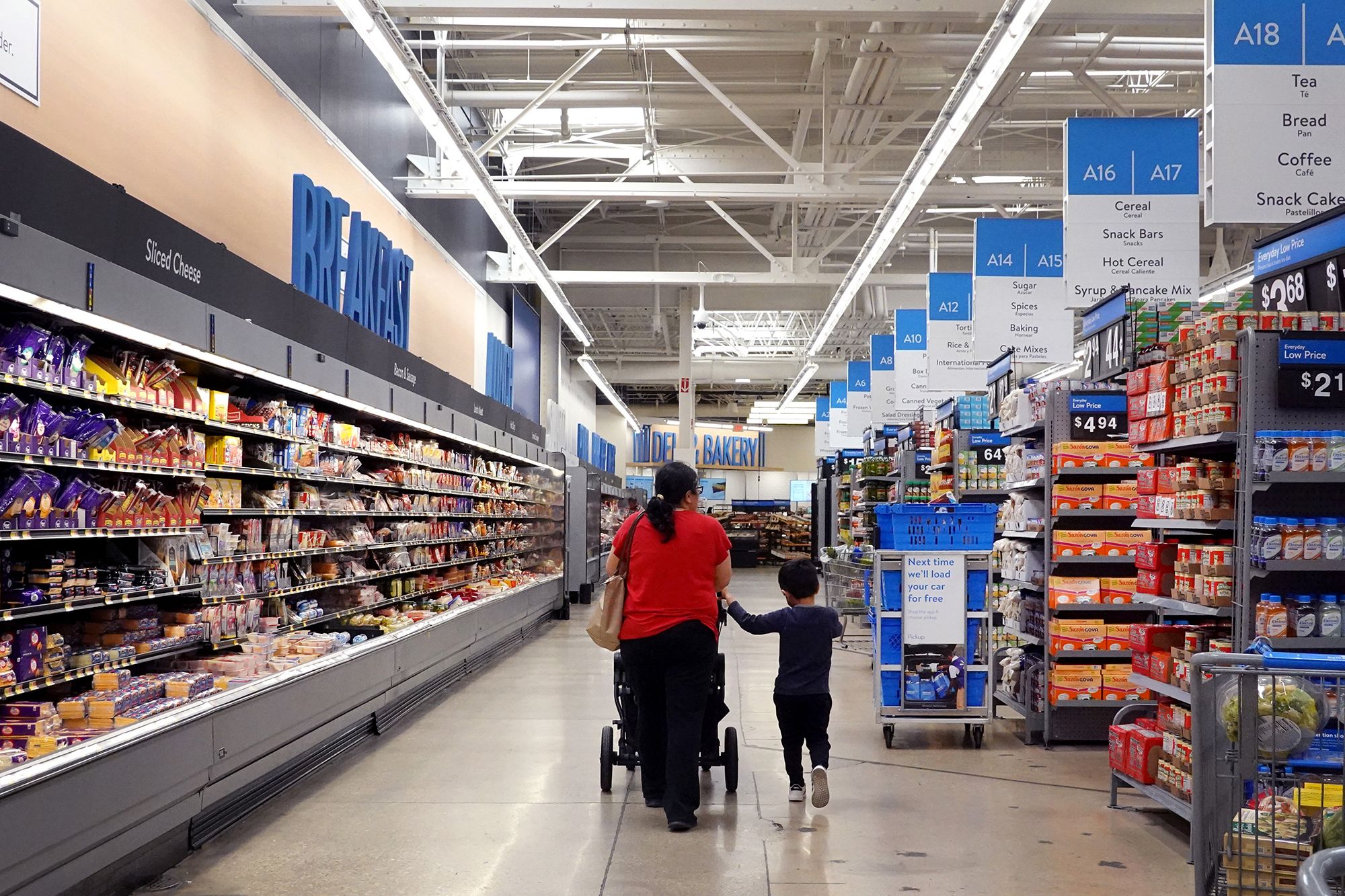
Walmart
Kroger
Safeway
Albertsons
Costco
CVS
Rite Aid
Walgreens
To find out if a particular store has a Coinstar machine, simply use the machine locator tool on the Coinstar website and enter by store or location.
Coinstar Fees
There is a charge to use Coinstar, generally 12% (11.9% at most sites). As an example, if you turn in $100 in coins, you’ll be issued a $88 voucher. The specific fee may differ by site, so it’s a good idea to check the machine for the details.
There is also a charge for donating to charity. If donating $100 in coins, most charities will get $95.50 after the 4.5% charge.
Pros and Cons of Coinstar
Here’s a brief summary of the advantages and disadvantages of using Coinstar:
Pros:
Rapid and simple way to exchange coins for cash.
Convenient locations such as supermarkets and banks.
No sorting or counting of coins—Coinstar takes care of it.

Donation option to charity.
Cons:
Cash exchange and donation fees.
Limited hours at some locations.
Not accessible everywhere.
How to Avoid Coinstar Fees
Want to avoid paying the fees? You can opt to exchange your coins for gift cards rather than cash. Well-known stores such as Amazon, Starbucks, and iTunes have gift cards available through Coinstar machines. Be sure to see if the gift cards you wish are being offered at your machine prior to your transaction.
Other Places to Cash in Coins for Free or Lower Fees
If you’d rather not pay Coinstar’s fee, however, you have a couple of alternatives:
QuikTrip: There are some QuikTrip stores that offer free coin-counting machines. You can check their store locator to see if there’s one near you, but know there’s a $200 limit on one-day coin transactions. If you’re carrying more than $200 in coins, you’ll have to make multiple transactions.
Safeway: There are some Safeway stores with coin-counting machines, and you can check their store locator for locations nearby.
Casinos: Some casinos have coin-counting machines to sort coins from slot machines. Although these machines usually aren’t accessible to the public, you may be able to make an agreement with a casino if you have large quantity of coins.
Using Coins at Self-Checkout Kiosks
Another method for redeeming your coins is to use them at self-checkout counters. Most self-checkout terminals take coins, and they will make change for you in cash. Some terminals do have limitations on the number of coins they’ll accept, so be sure to call the store before you attempt to use them.
Banks with Free Coin Counting Machines Near Me
Several banks have coin-counting facilities at their branches. Some of them have a fee, but others provide the service for free, particularly to their customers. Free or low-fee coin exchanges are offered by the following banks:
Chase
Wells Fargo
PNC
U.S. Bank
BB&T
If you bank at any of these institutions, you might consider calling their customer service to inquire about their coin exchange policy. Even some of the banks listed above might take rolled or wrapped coins for no charge if you have time to go through the process yourself.
Where to Get Coin Wrappers
If you roll your coins to save yourself a fee, you can obtain coin wrappers at your bank, credit union, or even an office supply store. Once you receive your wrappers, simply follow these instructions:
Sort the coins by denomination.
Fill each wrapper with the same-value coins—don’t overfill, or they will be difficult to seal.
After the wrappers are filled, seal them up and put them in a secure location.
When you’re ready, bring the wrapped coins to your bank to change them.
With all of these choices, you have several ways to cash your coins. With a Coinstar machine, a bank, or other alternatives, you can make your loose change money without much trouble. Happy coin countin
FAQs for Cashing Coins
What is a Coinstar machine, and how does it work?
Coinstar is a popular coin-counting machine that allows you to exchange your loose change for cash, gift cards, or donate to charity. You simply pour your coins into the machine, and it counts them for you. You can choose to get your money in cash (minus a fee) or as a voucher for gift cards or donations. The fee for cash conversion is typically around 11-12%, but it may vary depending on your location.
Are there any fees associated with using Coinstar?
Yes, Coinstar charges a fee for cash conversions, usually between 10-12% of the total amount. However, if you opt for a gift card instead of cash, the fee is usually waived. It’s important to weigh the convenience of using the machine against the cost of the fee. In some cases, certain promotions may offer fee-free options for specific gift cards.
Can I deposit coins directly into my bank account?
Many banks do allow you to deposit coins, but some may require you to roll them first (sorting the coins into paper rolls). Larger banks with coin-counting machines may also allow you to deposit your change directly, sometimes for a small fee. It’s best to check with your bank to understand their specific policy regarding coin deposits.
Are there any other alternatives to Coinstar for cashing coins?
Yes, there are other ways to cash in your coins:
- Banks: Some banks offer coin-counting services for customers, although they may require you to roll the coins first. Some smaller banks or credit unions offer this service for free, while larger banks may charge a fee.
- Grocery stores: Some stores offer coin-counting machines in their customer service areas, though these are less common than Coinstar.
- Coin redemption services: There are companies and kiosks that specialize in coin exchange, and they may offer better rates than Coinstar or your bank. Check for local services in your area.
- Cash your coins for gift cards: Some websites and apps, like Coinstar, offer you the chance to exchange coins for gift cards, which could help you avoid some fees if you’re planning to shop at a specific store.
How do I avoid fees when cashing in coins?
To avoid fees, consider these alternatives:
- Roll your coins: If you have the time and patience, rolling your coins and taking them to the bank for deposit is often free.
- Use a gift card option: Some services, like Coinstar, waive their fees if you opt for a gift card instead of cash. If you frequently shop at a particular store, this could be a good way to use your coins without paying the fee.
- Look for local promotions: Occasionally, Coinstar and other coin-counting services offer fee-free promotions for specific gift cards, so keep an eye out for special deals.
How do I roll coins to prepare for deposit at a bank?
Most banks require coins to be sorted and rolled before deposit. You can buy coin wrappers at office supply stores or use paper rolls provided by the bank. Here’s how to roll them:
- Sort the coins by denomination (pennies, nickels, dimes, quarters).
- Count the coins in each denomination. The bank typically provides guidelines on how many coins go in each roll (e.g., 50 pennies per roll, 40 nickels, etc.).
- Fill the rolls and secure them with tape or by folding the ends, depending on the type of wrapper you’re using.
How can I get the best value when cashing coins?
To get the best value when cashing in your coins, avoid using machines with high fees (like Coinstar) unless it’s a necessary convenience. Instead, consider rolling your coins and depositing them directly at the bank, which can often be done free of charge. If you do use Coinstar or a similar service, consider using the gift card option to avoid the fee or look for fee-free promotions.
Can I donate my coins instead of cashing them?
Yes, Coinstar and other services often allow you to donate your coins to charity. Many machines offer an option to donate your change to various nonprofit organizations directly through the machine without taking any fees. It’s a great way to give back without having to worry about counting or rolling your coins.
How can I organize my coins before cashing them?
If you want to avoid fees and make the process quicker, it’s best to organize and count your coins beforehand. You can:
- Sort by denomination: Separate your pennies, nickels, dimes, and quarters.
- Use coin rollers: If your bank requires rolled coins, buy the appropriate wrappers and fill them up.
- Use a coin sorter: If you have a lot of coins, a coin sorter machine can help you separate them quickly, though they often come with a fee.
Conclusion
Cashing coins can be a simple and convenient way to turn loose change into cash or rewards. With various options available, from Coinstar to rolling your own coins and visiting the bank, you can choose the method that works best for you based on the convenience and associated fees. Remember to check for any promotional deals or fee waivers to maximize the value of your coins. Whether you’re cashing them in for cash, gift cards, or donations, it’s a great way to make the most of your spare change!
